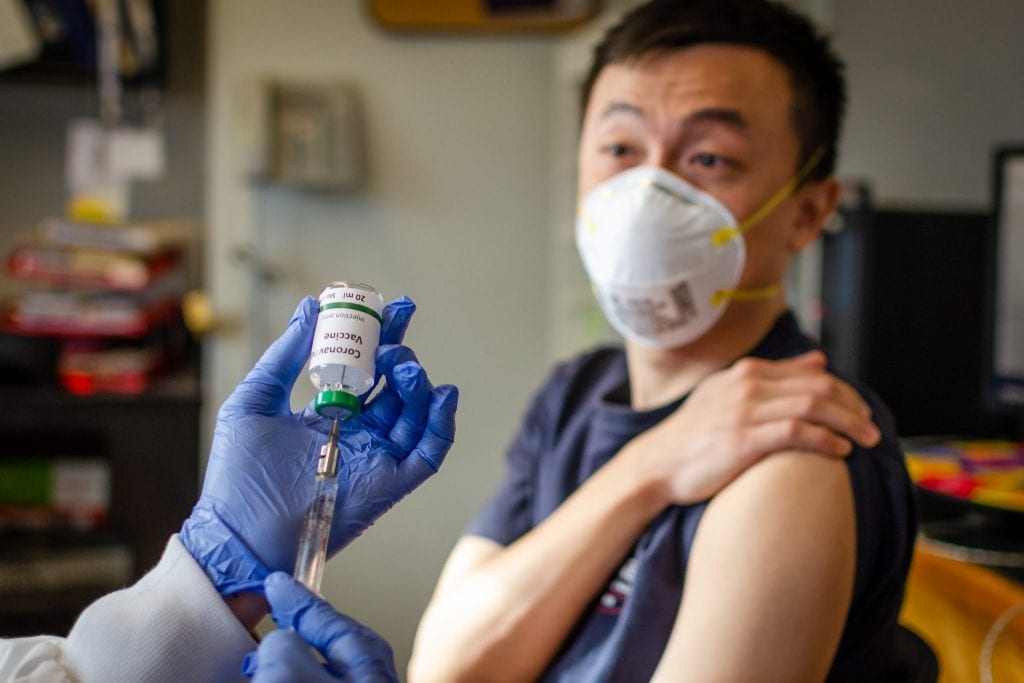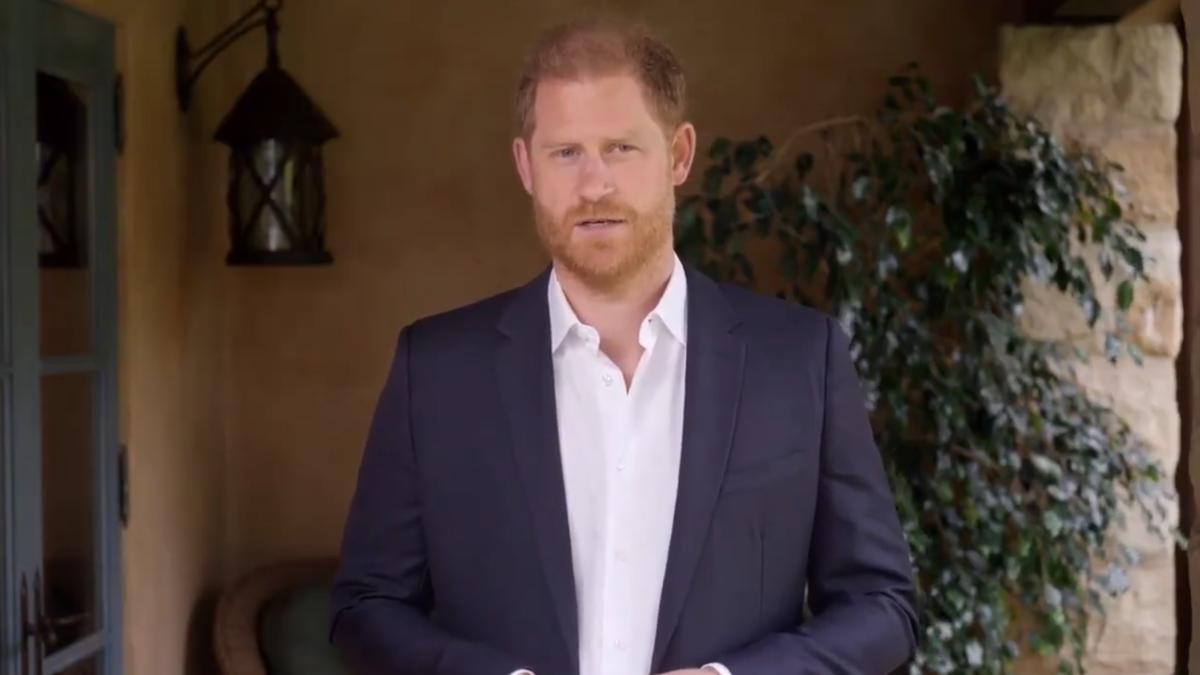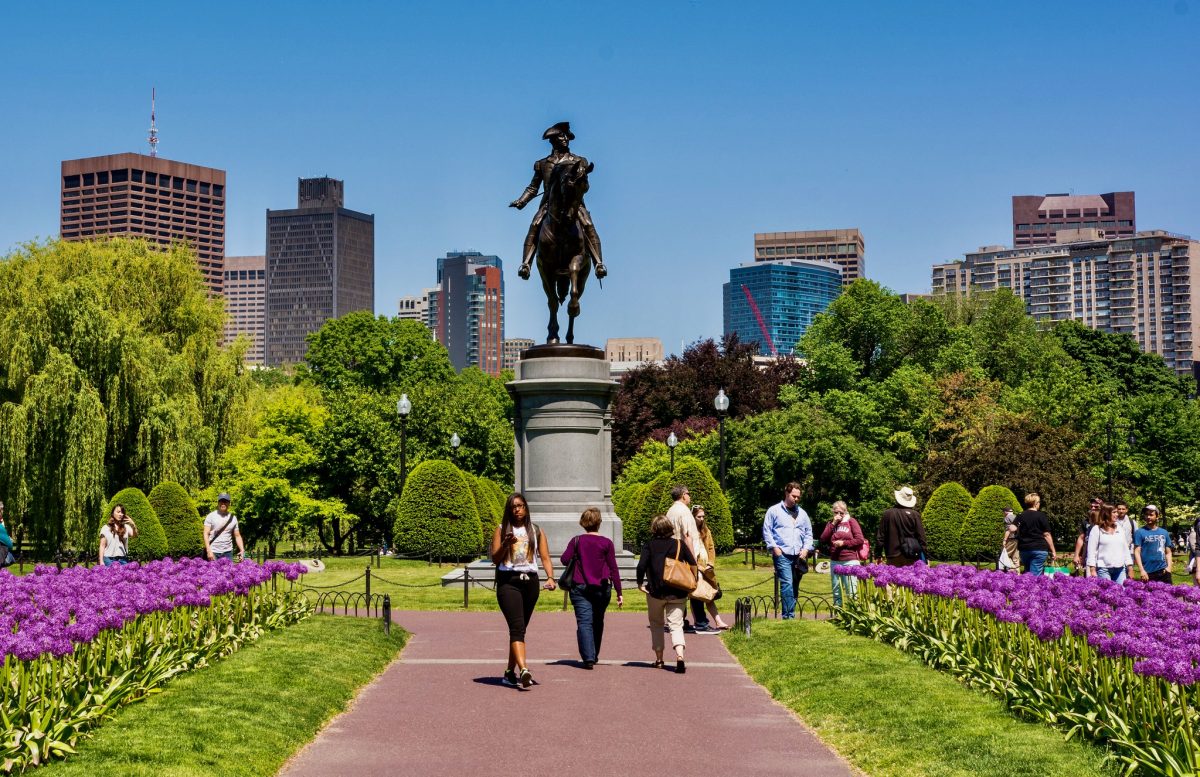Dear World Travel Groups, Stop the Mind-Boggling Confusion Over Testing and Vaccines Now

Skift Take
After 10 months of Covid lows that led to over 170 million jobs lost in tourism yet culminated at last in two vaccine announcements, it seemed as if the travel industry’s major travel organizations would finally unite on a standardized approach to travel protocols, while the world awaits global vaccine access and distribution.
Instead, the new year is already fraught with their unilateral statements on vaccine requirements to travel, as well as ongoing diverging opinions on testing protocols, quarantines and country bans. This deep lack of a unified policy is staggering — and stifling the restart of travel unnecessarily.
As AirAsia CEO Tony Fernandes said at the start of 2021, "[t]he coordination on Covid is horrific.”
A Fragmented Industry
The dissonance across the travel industry was clear early on when the World Health Organization advised that shutting borders to travelers was not an effective measure in controlling the pandemic’s spread and encouraged screening instead, yet countries sealed entry to all for as long or as short a period as their governments saw fit.
Then, in light of prolonged silence and lack of guidance from international groups on protocols through nearly the end of May, tourism-dependent destinations desperate to reopen for the summer season began to independently shape and implement their own entry testing and quarantine rules. A maze of point to point protocols emerged.
Further confusing matters, two of the travel industry’s leading international groups, the United Nations World Tourism Organization and the World Tourism and Travel Council, each published a set of recommended travel guidelines and protocols at the end of May 2020.
When Skift inquired into the need for two sets of somewhat similar rules, the response was that one set was for the public sector and the other for the private sector — a puzzling distinction amid a shared global health crisis affecting every single destination’s tourism industry and its overall economy.
The debate over travel bubbles had also peaked and we predicted these would be difficult to implement given destinations' varying in-country pandemic monitoring approaches, for one.
European Union neighbors couldn’t reach an agreement fast enough until fresh Covid spikes made the decision for them. American states and counties took differing approaches as well, each instituting a set of testing or quarantine rules for out of state travelers and residents crossing state lines. Even a regional travel bubble among seven Caribbean Community (CARICOM) member states burst shortly after its creation, revealing disagreements over high risk classifications and of course, underlying political tensions.
Divergent Vaccine Mandate views
As 2021 kicked off, amid ever-changing sets of nation-specific travel protocols across a struggling global tourism sector, all it took for contradictory views to surface again was Qantas Airlines' statement that once vaccines are available it would require passengers to show proof of vaccination to fly.
The World Travel & Tourism Council rejected Qantas’ view, calling vaccine mandates “akin to work discrimination in the workplace.” Instead, the WTTC encouraged rapid testing over vaccine proof, and that quarantines should be eliminated where pre-entry negative Covid tests are required.
But how can taking an anti-vaccine position benefit the industry when vaccines are precisely what would get the general population to regain confidence in crossing borders?
The United Nations World Health Organization (WHO), for its part — if destinations are heeding its travel protocol guidance at this point — cautioned against requiring vaccination at this early stage only because of vaccine efficiency remains to be seen, and the world has yet to reach wide availability.
Just this past week, the UN's health group, to which the U.S. has recommitted, also warned against the current wave of “vaccinationalism." Tedros Ghebreyesus, WHO director general, said that “[e]ven as they speak the language of equitable access, some countries and companies continue to prioritize bilateral deals, going around COVAX [Global Vaccines Facility], driving up prices and attempting to jump to the front of the queue,” adding that this uncoordinated global approach would only lead to continued social and economic disruption.
The same is true of the approach to vaccine mandates and protocols for travel: a lack of solidarity is simply self-defeating.
Meanwhile the United Nations’ tourism arm, which had remained silent on the “vaccine to travel” debate until recently, said in a recent press release that it held a meeting this month “ to step up the coordination” of vaccination certificates and the “implementation of common, harmonized digital related travel principles, protocols and documents.”
Isn’t that what the global tourism industry has needed for nearly a year now, a lead on “common, harmonized” travel entry protocols that destinations would adhere to?
While governments have the last say on their public health regulations and border entry requirements, it’s in times of crisis that global groups such as the UNWTO and the WTTC must adopt a united front and exert influence on states to adopt travel policies that aren't merely beneficial for its members, if not in the interest of the collective, to help a devastated travel industry recover at a similar pace.
A Splintered Travel Ecosystem
At Skift’s Megatrends 2025 event, we predicted that this lack of coordination and the patchwork in destination responses would lead to a more splintered travel ecosystem, the consequences of which will be an uneven leisure travel recovery across the world.
Divergent perspectives create confusion and confusion ultimately leads to inaction and delays. Failing cohesiveness among the industry's leading voices, discombobulated and politicized approaches on vaccination will not only continue to stunt the industry’s recovery in this “in-between phase,” but also breed consumer mistrust — no matter the pent-up travel demand.
Ultimately, what does it say about the travel industry when its global travel organizations are split on the most effective way to restart the free movement of people across borders, a core tenet of tourism, yet audaciously repeat the rhetoric that we must “build back better?”
Below is a more complete list showing the varying takes of the leading global travel, tourism and health groups on vaccination mandates and testing protocols.
World Travel and Tourism Council
Vaccination must not be a requirement to travel but should co-exist with testing regimes and be considered as a progressive enhancement to already safe travel.
United Nations World Tourism Organization
The UN’s tourism arm supports vaccine passports or certificates. It issued a set of recommended procedures for its government members back in May, at the same time as the WTTC.
International Air and Transportation Association
The aviation trade group noted in November, following Qantas’ statement, that requiring a Covid vaccine for travel “can only happen when the vaccine is widely available” and that “systematic testing is more critical to reopening borders than the vaccine.”
Airports Council International
The airports trade group rejected the mandatory vaccine position, noting there should be “a choice between testing or vaccination,” because a blanket prohibition on flying without being vaccinated “would be as disruptive as quarantines.”
United Nations World Health Organization
The WHO advised not requiring vaccination for international travel as a condition to entry “because 1) there are still critical unknowns regarding the efficacy of vaccination in reducing transmission and 2) limited availability of vaccines”
The global health organization also said recently that “[p]roof of vaccination should not exempt international travellers from complying with other travel risk reduction measures.”




